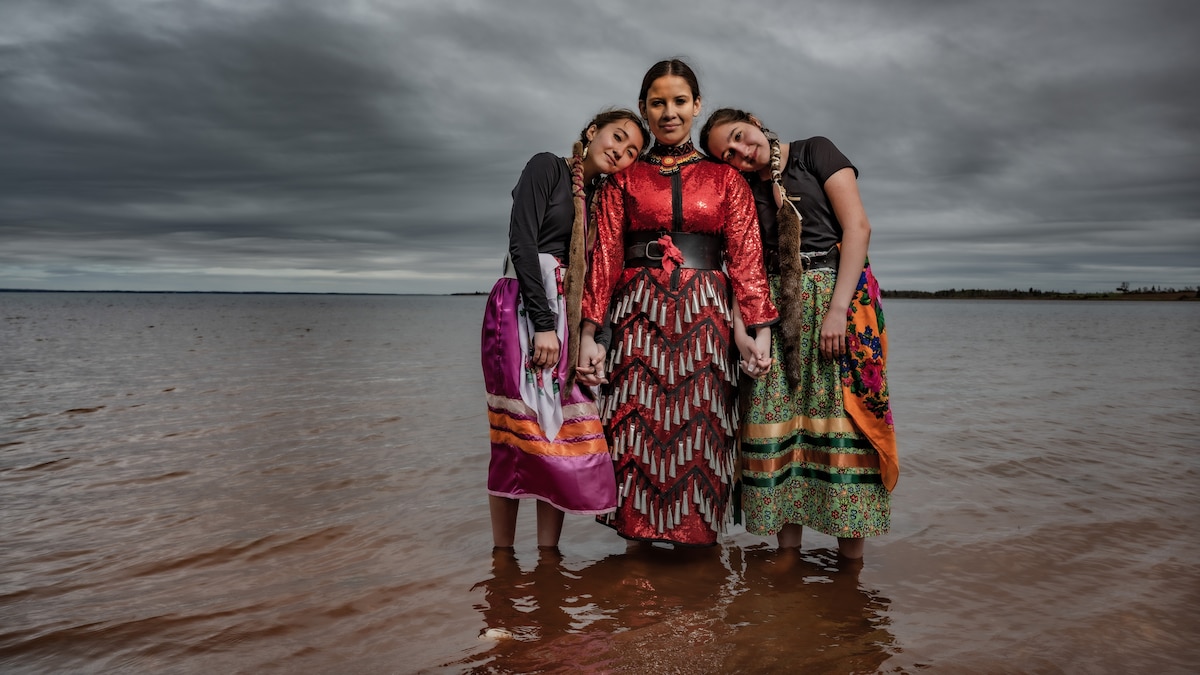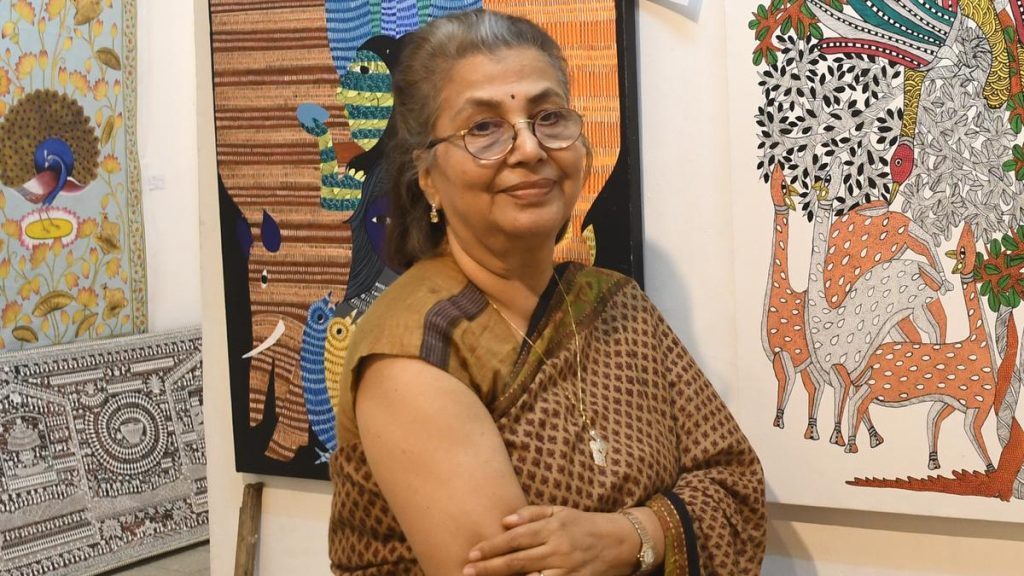Now Reading: Matrilineal Traditions of Atlantic Canada’s Islands
-
01
Matrilineal Traditions of Atlantic Canada’s Islands
Matrilineal Traditions of Atlantic Canada’s Islands

Quick Summary:
- Photographer’s Journey: National Geographic photographer Ami Vitale documents her road trip through prince edward Island (PEI) and Newfoundland and Labrador, focusing on women’s stories and their integral connection to land and culture.
- Julie pellissier-Lush’s Work: A Mi’kmaw storyteller, musician, author, and PEI’s first Indigenous poet laureate.Her community on Lennox Island actively revitalizes Mi’kmaq culture through conventional practices like drum making, dancing, and bannock baking.
- Lobster Fishing: JoAnna Howlett defied familial norms to become a lobster fisher while reflecting on her meditative experience in fishing. Her grandmother maureen Howlett exemplifies invisible labor that sustained her family.
- Beekeeping in Newfoundland: Amanda Oake of Pollen Nation Farm uses Indigenous wisdom to sustainably rear bees free from pesticides or parasites like the varroa mite. Oake views herself as a steward of nature for future generations.
- Themes Observed by Vitale: Intergenerational efforts rooted in cyclical relationships with nature embody quiet activism among the women she met.
Images accompanying this article depict individuals such as Julie Pellissier-Lush standing by Malpeque Bay waters; lobsters central to PEI traditions; Amanda Oake tending hives at pollen Nation Farm; along with portraits showcasing optimism among women leaders across Atlantic Canada.
Indian opinion Analysis:
The exploration of Indigenous communities in Canada reveals common threads relatable to India’s own tribal cultures-particularly the emphasis on intergenerational resilience, sustainable living tied closely to nature, and the preservation of cultural heritage. figures like Julie Pellissier-Lush highlight how active engagement can prevent historical erasure-a struggle also faced by many Indian tribal communities trying to reclaim fading traditions against modern pressures.
Sustainability practices observed at Pollen Nation Farm underscore global dependence on indigenous knowledge systems in combating ecological crises-a lesson particularly relevant for agriculture-heavy countries like India grappling with environmental challenges such as pesticide overuse or biodiversity loss.
This narrative reaffirms the value of empowering traditionally unseen contributors-whether tribal storytellers or women bridging generational roles-as foundational pillars for community strength. Lessons drawn from these provincial stories invite reflection upon India’s rural revival efforts where local traditions could inspire similar grassroots solutions aligned with global movements toward inclusivity and sustainability.

























